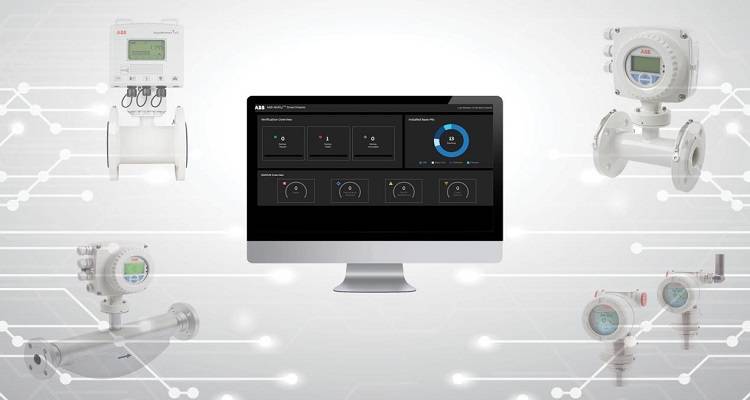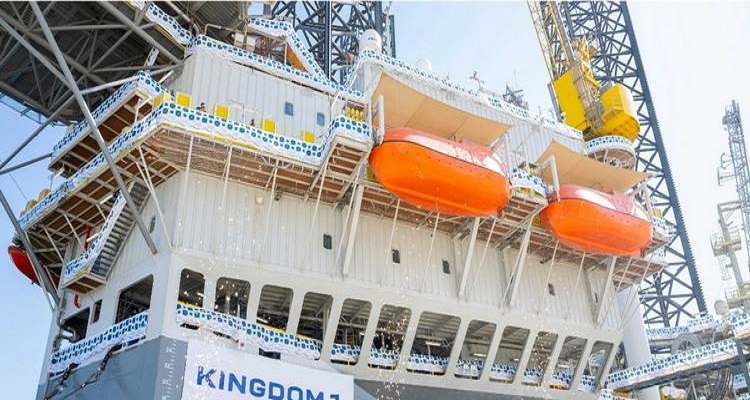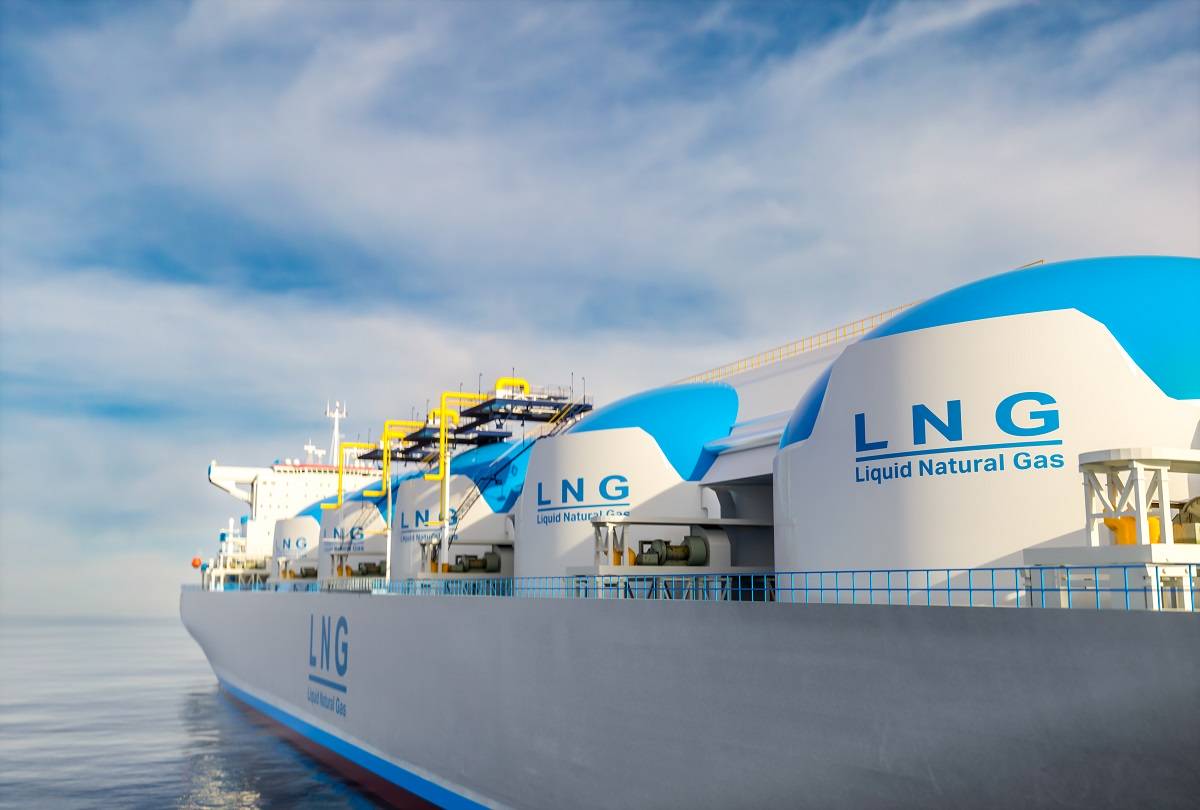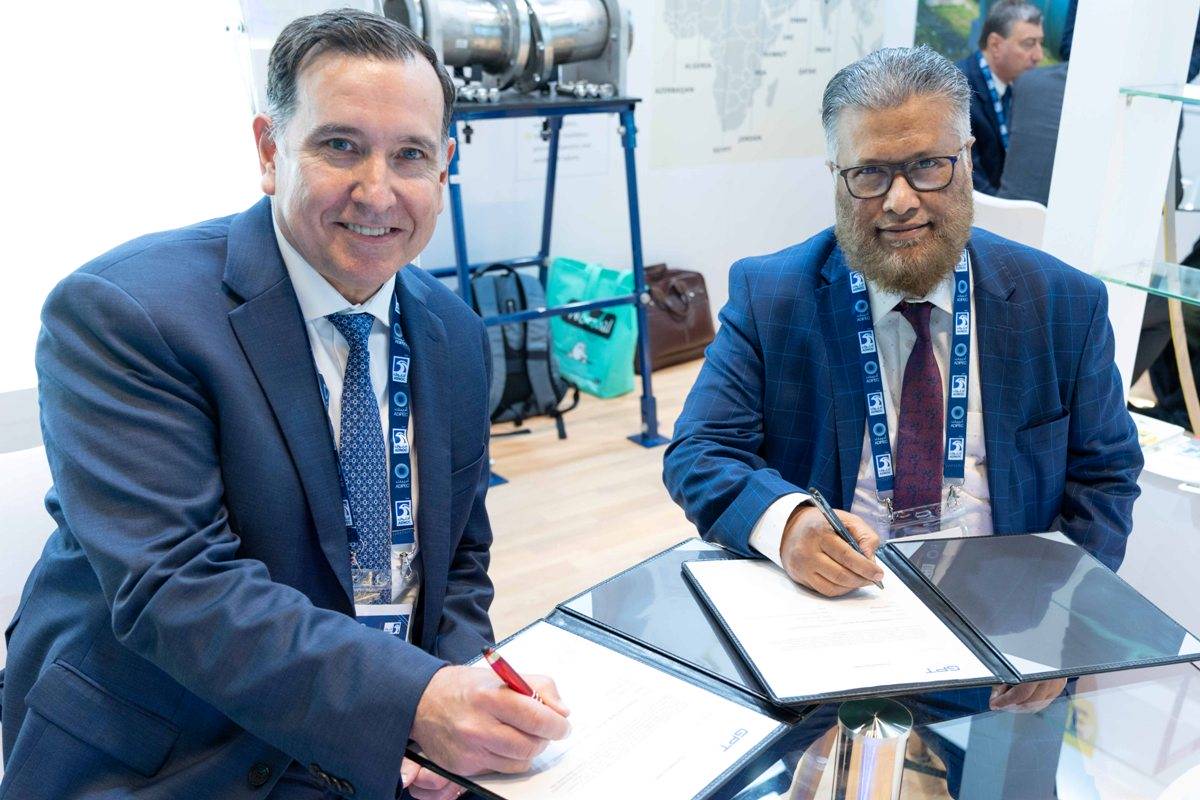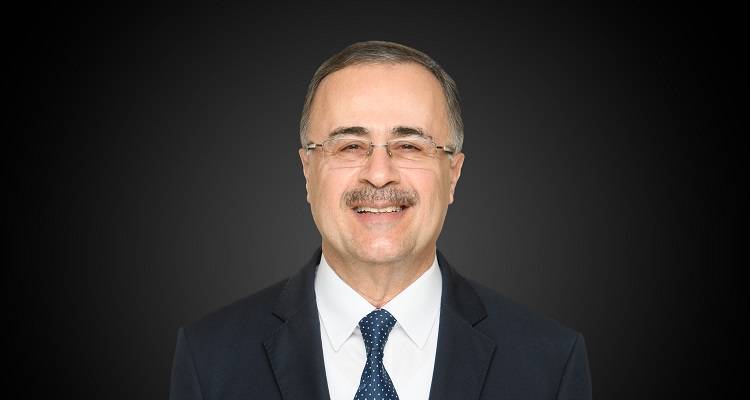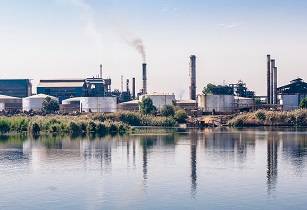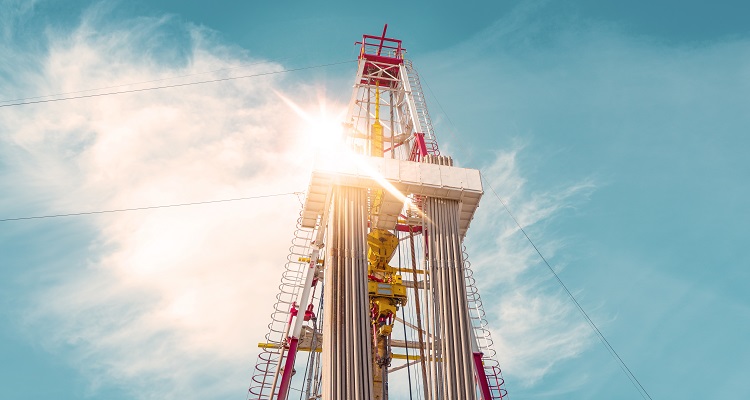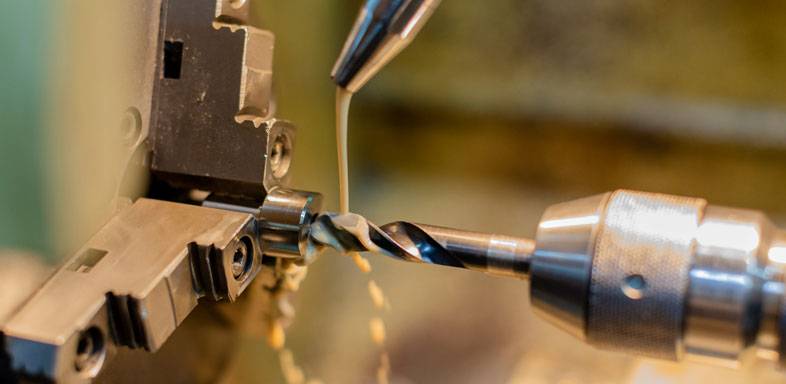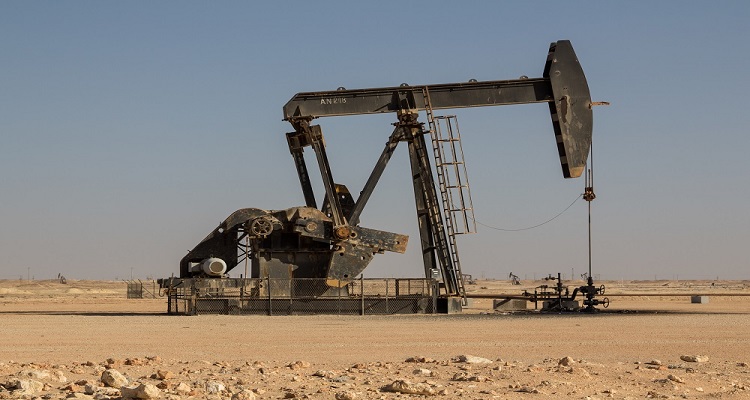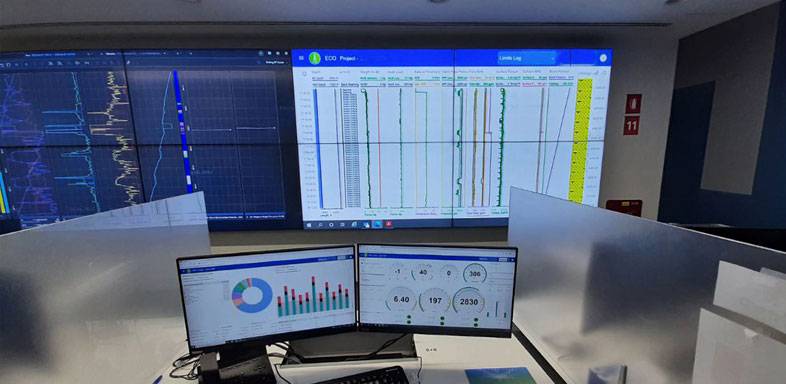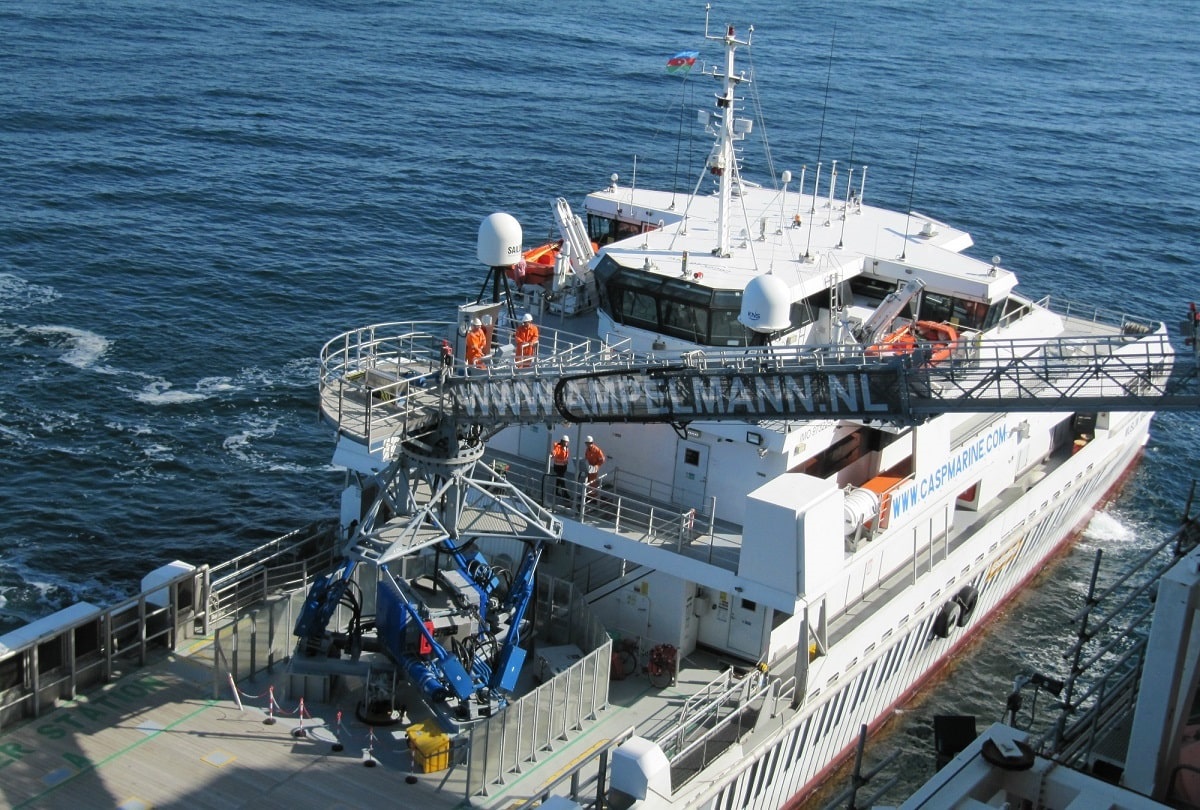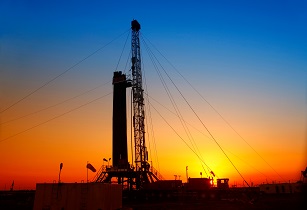Norwegian oil and gas major Equinor has launched a new climate roadmap aiming to ensure a competitive and resilient business model in the energy transition, fit for long term value creation and in line with the Paris Agreement
Equinor aims to reduce the net carbon intensity, from initial production to final consumption, of energy produced by at least 50 per cent by 2050, grow renewable energy capacity tenfold by 2026, developing as a global offshore wind major, and strengthen its industry-leading position on carbon-efficient production, aiming to reach carbon neutral global operations by 2030.
“We are setting new short-, mid- and long-term ambitions to reduce our own greenhouse gas emissions and to shape our portfolio in line with the Paris Agreement. It is a good business strategy to ensure competitiveness and drive change towards a low carbon future, based on a strong commitment to value creation for our shareholders,” said Eldar Sætre, president and CEO of Equinor.
The ambition is expected to be met primarily through significant growth in renewables and changes in the scale and composition of the oil and gas portfolio. Operational efficiency, CCUS and hydrogen will also be important, and recognised offset mechanisms and natural sinks may be used as a supplement.
In January 2020, Equinor announced a set of ambitions to reduce absolute greenhouse gas emissions from its operated offshore fields and onshore plants in Norway by 40 per cent by 2030, 70 per cent by 2040 and towards near zero by 2050. The ambition can be realised through electrification projects, energy efficiency measures and new value chains such as carbon capture and storage and hydrogen.
Equinor aims to reduce the CO2 intensity of its globally operated oil and gas production to below eight kg per barrel of oil equivalent by 2025, five years earlier than the previous ambition. The current global industry average is 18 kg CO2 per barrel.
Equinor sets a new ambition to reach carbon neutral global operations by 2030. The main priority will be to reduce greenhouse gas emissions from own operations. Remaining emissions will be compensated either through quota trading systems, such as EU ETS, or high-quality offset mechanisms.
Equinor’s low methane emissions are industry-leading at around 10 per cent of the global industry average. The climate roadmap includes ambitions to keep methane emissions at near-zero and to eliminate routine flaring before 2030.
“The new climate roadmap illustrates our pathway to be a shaper in the energy transition and the future of energy. It is also an invitation to our partners, customers, suppliers and governments to work together on the necessary actions to combat climate change,” concluded Sætre.







